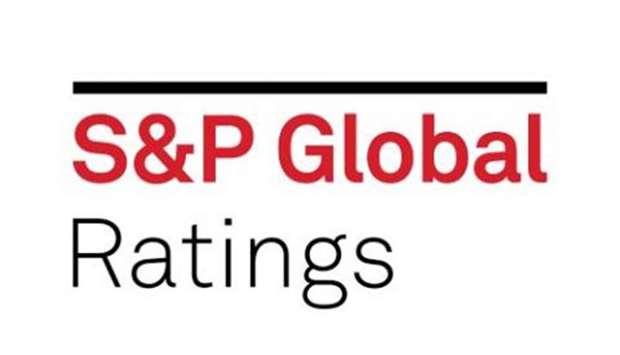The GCC region may see a “second wave” of mergers and acquisitions (M&A), S&P Global Ratings said, and noted that it will be “more opportunistic and driven by economic rationale.”
In its latest industry report card, S&P Global said, “When the dust settles and the full effect of current conditions on banks' financials is visible, we think there could be a second wave of mergers and acquisitions (M&A).
“The first wave was spurred by shareholders' desire to reorganise their assets. The second wave will be more opportunistic and driven by economic rationale.”
The current environment, it said “might push” some banks to find a stronger shareholder or join forces with peers to enhance resilience. “We think a second wave of M&A might involve consolidation across different GCC countries.
This would require more aggressive moves by management than those seen in the past.
The added hurdles of convincing boards and shareholders, who face the possibility of seeing their assets diluted or losing control, might be easier if they have to recapitalise their banks anyway,” S&P Global said.
Indicating that GCC banks' “funding and liquidity remains good”, it said growth in customer deposits was “strong” in 2019 for both the conventional and Islamic banks in the region, thanks to the recovery in oil prices.
The funding profile of Islamic and conventional banks also remained stable, with total financing to total deposits of about 93% at year-end 2019.
“We see two main risks in 2020. These include the concentration of the deposits base on government and government-related entity (GRE) deposits, which account for 10%-35% of total deposits. These entities might burn cash as the drop in oil prices and less supportive economic environment affect their activities.
“Furthermore, we note risks related to deposits outflows once the Covid-19 pandemic is contained and the full effect on employment is known.”
Despite this pressure, S&P Global said it “continues to take comfort” from GCC banks' good liquidity indicators.
“We note that Islamic banks are in a weaker position, but think that this is because the calculation below excludes some of the interbank deposits reported as commodities murabaha. Banks' funding profiles remain a strength in most GCC countries,” it said.
The use of wholesale or external funding sources by regional banks remains relatively limited and S&P Global said it does not think this will change in the short term.
“The only exception is Qatar, where the banking system still carries significant net external debt. We think that this position will reduce because of Covid-19-induced market volatility. We also take comfort from the government's strong capacity and willingness to provide the sector with support in case of need. The government of Qatar and its related entities injected up to $42.5bn in 2017 to help the banking system deal with blockade-related outflows,” S&P Global said.
“The first wave was spurred by shareholders' desire to reorganise their assets. The second wave will be more opportunistic and driven by economic rationale.”
The current environment, it said “might push” some banks to find a stronger shareholder or join forces with peers to enhance resilience. “We think a second wave of M&A might involve consolidation across different GCC countries.
This would require more aggressive moves by management than those seen in the past.
The added hurdles of convincing boards and shareholders, who face the possibility of seeing their assets diluted or losing control, might be easier if they have to recapitalise their banks anyway,” S&P Global said.
Indicating that GCC banks' “funding and liquidity remains good”, it said growth in customer deposits was “strong” in 2019 for both the conventional and Islamic banks in the region, thanks to the recovery in oil prices.
The funding profile of Islamic and conventional banks also remained stable, with total financing to total deposits of about 93% at year-end 2019.
“We see two main risks in 2020. These include the concentration of the deposits base on government and government-related entity (GRE) deposits, which account for 10%-35% of total deposits. These entities might burn cash as the drop in oil prices and less supportive economic environment affect their activities.
“Furthermore, we note risks related to deposits outflows once the Covid-19 pandemic is contained and the full effect on employment is known.”
Despite this pressure, S&P Global said it “continues to take comfort” from GCC banks' good liquidity indicators.
“We note that Islamic banks are in a weaker position, but think that this is because the calculation below excludes some of the interbank deposits reported as commodities murabaha. Banks' funding profiles remain a strength in most GCC countries,” it said.
The use of wholesale or external funding sources by regional banks remains relatively limited and S&P Global said it does not think this will change in the short term.
“The only exception is Qatar, where the banking system still carries significant net external debt. We think that this position will reduce because of Covid-19-induced market volatility. We also take comfort from the government's strong capacity and willingness to provide the sector with support in case of need. The government of Qatar and its related entities injected up to $42.5bn in 2017 to help the banking system deal with blockade-related outflows,” S&P Global said.


